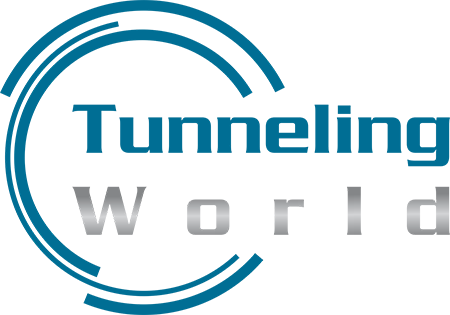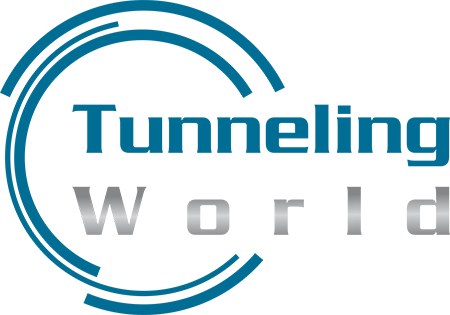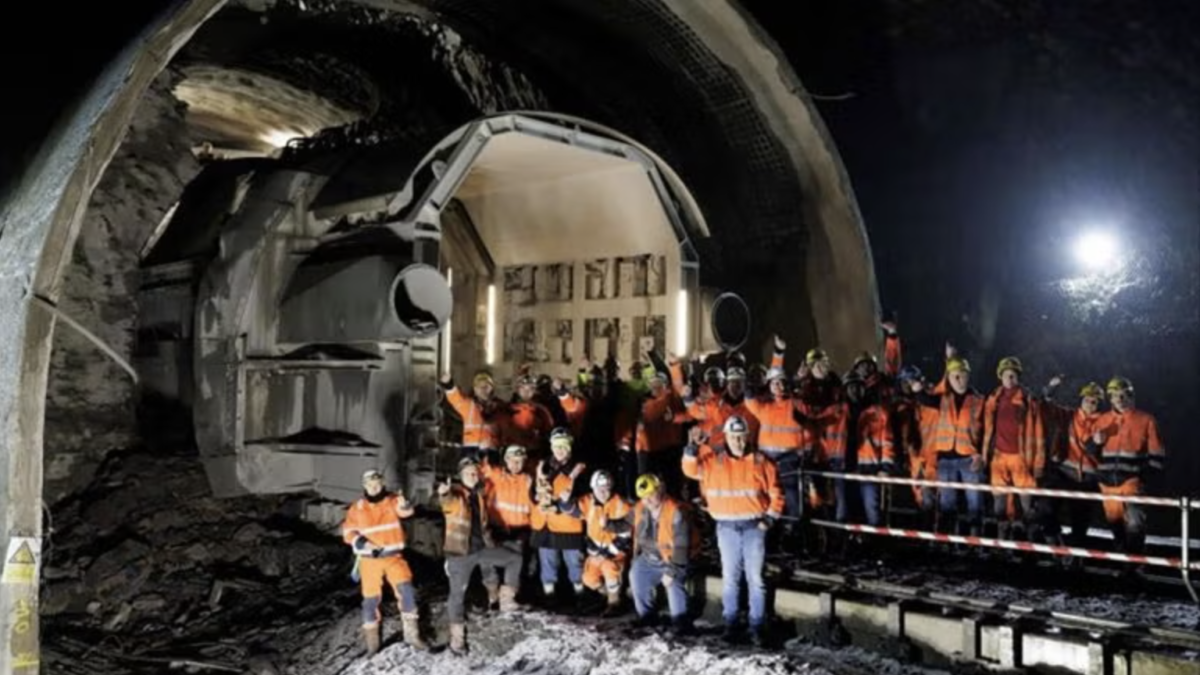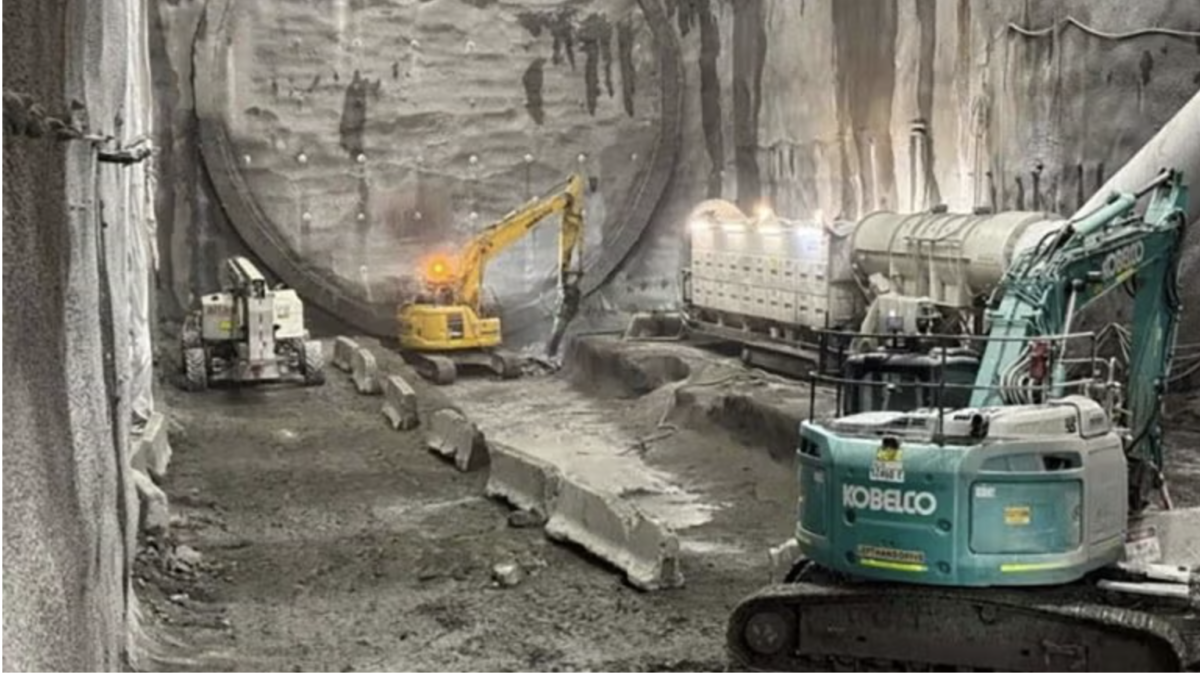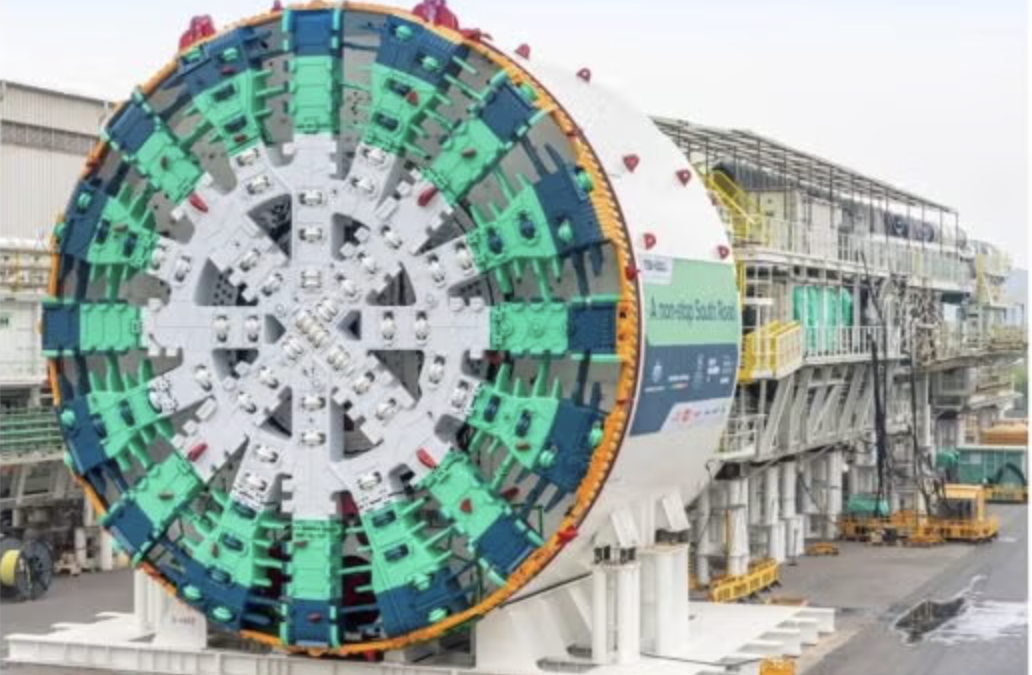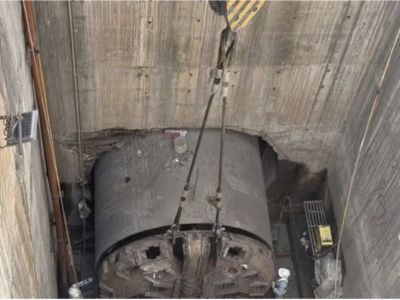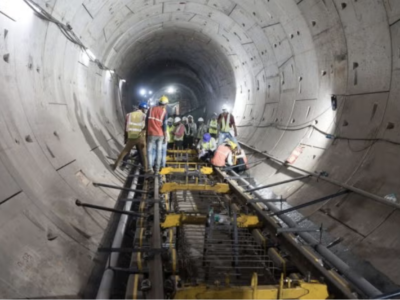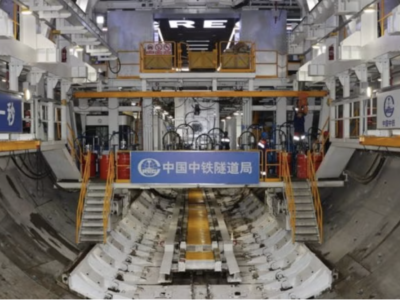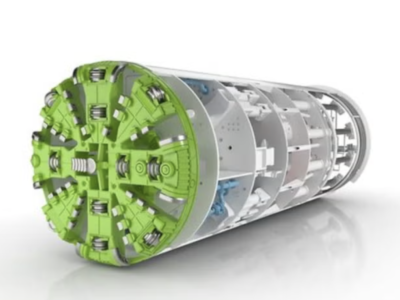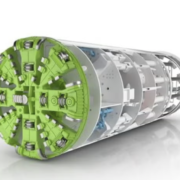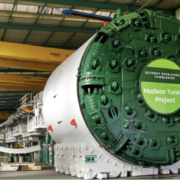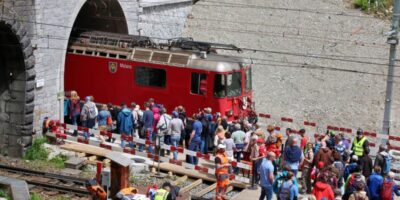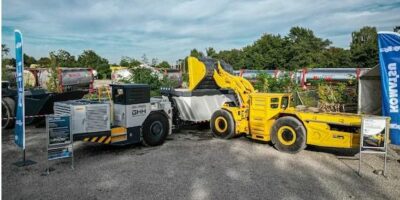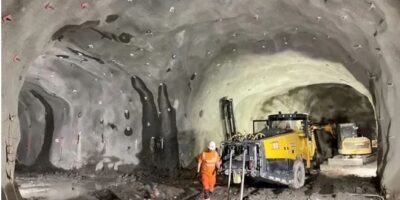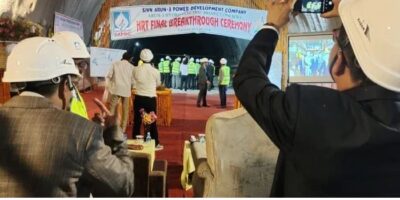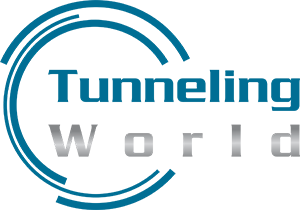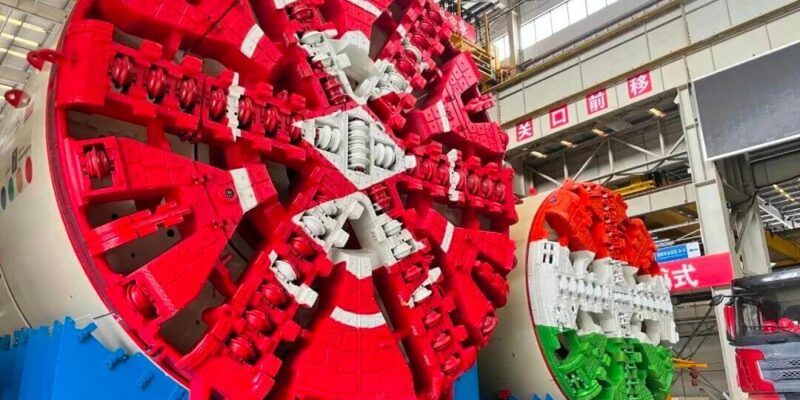
On September 27th, China’s first EPB tunnel boring machine (TBM) designated for South America rolled off the production line at CRCHI. CRCHI holds the honor of being the first to ship this tunnel boring machine to South America, where it is poised to undertake its first mission: contributing to Lot 1 of the Santiago Metro Line 7 project in Chile. The outstanding machine spans 105 meters in length with a 9.8-meter excavation diameter.
Lot 1 of the Santiago Metro Line 7 project contains about 7.9 kilometers, necessitating 6.7 kilometers of excavation through the tunnel boring machine. This ambitious project involves the subterranean passage under the Mapocho River, traveling a distance of 60 meters, with the riverbed situated a mere 10 meters from the tunnel roof.
The tunnel crosses diverse geological compositions, comprising fine-grained soil, silt, clay, sand, gravel, pumice formation, and volcanic rock formation (granodiorite). Moreover, the alignment’s minimum turning radius is 250 meters, requiring a TBM with unique turning capabilities.
CRCHI’s research and development team has incorporated multiple independent critical technologies into the TBM’s design, considering the specific geological challenges raised by this project. Specifically, the cutterhead features a composite configuration of six spokes and six panels supported at the center.
The cutterhead is equipped with disc cutters, drag bits, and gauge scrapers for comprehensive full-face excavation, and all detachable cutting tools can be replaced from the rear of the cutterhead.
In addition, the cutterhead can rotate bidirectionally to ease muck discharge. When a turn is needed, the stroke differential of each group of propulsion cylinders can be modified to complete the alignment’s minimum turning criteria.
The Santiago Metro Line 7 in Chile is a massive project spanning 26 kilometers, set to develop over a 6-year construction period. This venture holds considerable importance to the Chilean government, as it cuts through seven urban areas in the capital, containing programs for building seven island-style stations and construction shafts.
When finished, the line will decrease the commuting time between its terminal stations by 54%, delivering a rapid and timely transportation solution for more than 1.36 million residents.
Further information is available at the CRCHI website.
